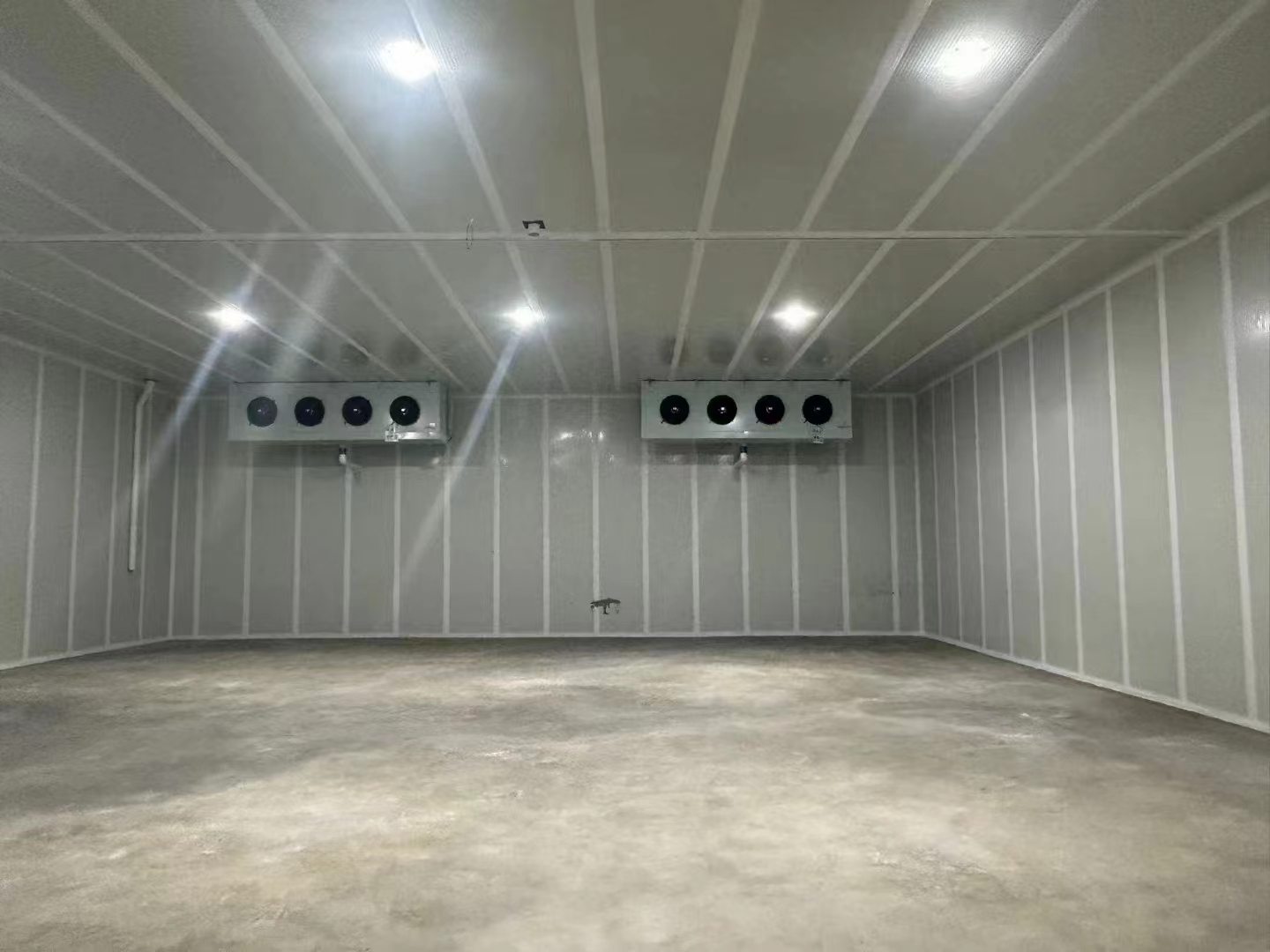condenser compressor
The Role of Condensers and Compressors in HVAC Systems
Heating, ventilation, and air conditioning (HVAC) systems play a central role in maintaining comfortable indoor environments. Two of the most critical components in these systems are condensers and compressors. Understanding how these components work together provides insight into the efficiency and functionality of HVAC systems.
What is a Compressor?
A compressor is often referred to as the heart of an HVAC system. Its primary function is to compress refrigerant gas, raising its pressure and temperature. When the refrigerant enters the compressor as a low-pressure gas, the compressor packs it into a smaller volume, resulting in high pressure. This process ensures that the refrigerant can circulate effectively through the system, absorbing and dissipating heat as needed.
There are various types of compressors, including reciprocating, rotary, and scroll compressors. Each type is designed for specific applications, with different efficiencies and noise levels. For instance, reciprocating compressors are common in residential systems, while scroll compressors are often used in commercial applications due to their quiet operation and energy efficiency.
What is a Condenser?
The condenser is the component responsible for dissipating heat from the refrigerant. After leaving the compressor, the high-pressure, high-temperature gas flows into the condenser. Here, the refrigerant releases its heat to the outdoor air, causing it to change from a gas to a liquid state. This process is crucial as it allows the refrigerant to cool down and prepare for the next stage of the cooling cycle.
Condensers commonly come in two configurations air-cooled and water-cooled. Air-cooled condensers use ambient air to dissipate heat, making them ideal for smaller systems or residential applications. On the other hand, water-cooled condensers utilize water from a cooling tower or similar source, providing efficient heat removal for larger industrial systems.
condenser compressor

The Refrigeration Cycle
The relationship between the compressor and condenser is essential for the refrigeration cycle, which involves four main stages evaporation, compression, condensation, and expansion. The cycle begins as the refrigerant absorbs heat from indoor air in the evaporator coil, turning into a low-pressure gas. The compressor then draws this gas and compresses it, facilitating heat removal in the condenser. After the refrigerant releases its heat and converts back into a liquid, it flows through an expansion valve before returning to the evaporator to repeat the cycle.
Efficiency is key in this cycle, as it impacts the overall performance of the HVAC system. A well-functioning compressor and condenser can significantly reduce energy consumption and operational costs. Regular maintenance of these components is crucial, as dirt, dust, and wear can lead to inefficiencies and potential system failures.
Importance of Maintenance
The importance of maintenance for compressors and condensers cannot be overstated. Professional technicians often recommend routine inspections, cleaning, and servicing. For compressors, this may include checking refrigerant levels, ensuring proper lubrication, and inspecting electrical components. For condensers, cleaning coils and assessing airflow are vital to maintaining optimal heat exchange.
Neglecting maintenance can lead to issues such as overheating, increased energy consumption, and even complete system breakdowns. In extreme cases, it can result in costly repairs or premature replacement, making it essential to keep both condensers and compressors in good working condition.
Conclusion
In conclusion, condensers and compressors are pivotal components in HVAC systems, working together to maintain comfortable indoor climates. Their efficient operation not only enhances comfort but also plays a significant role in energy conservation and cost reduction. Regular maintenance and an understanding of their functions are vital for ensuring the longevity and efficiency of HVAC systems. As technology advances, the design and efficiency of these components continue to improve, promising even greater energy savings and environmental benefits in the future.
















































































































